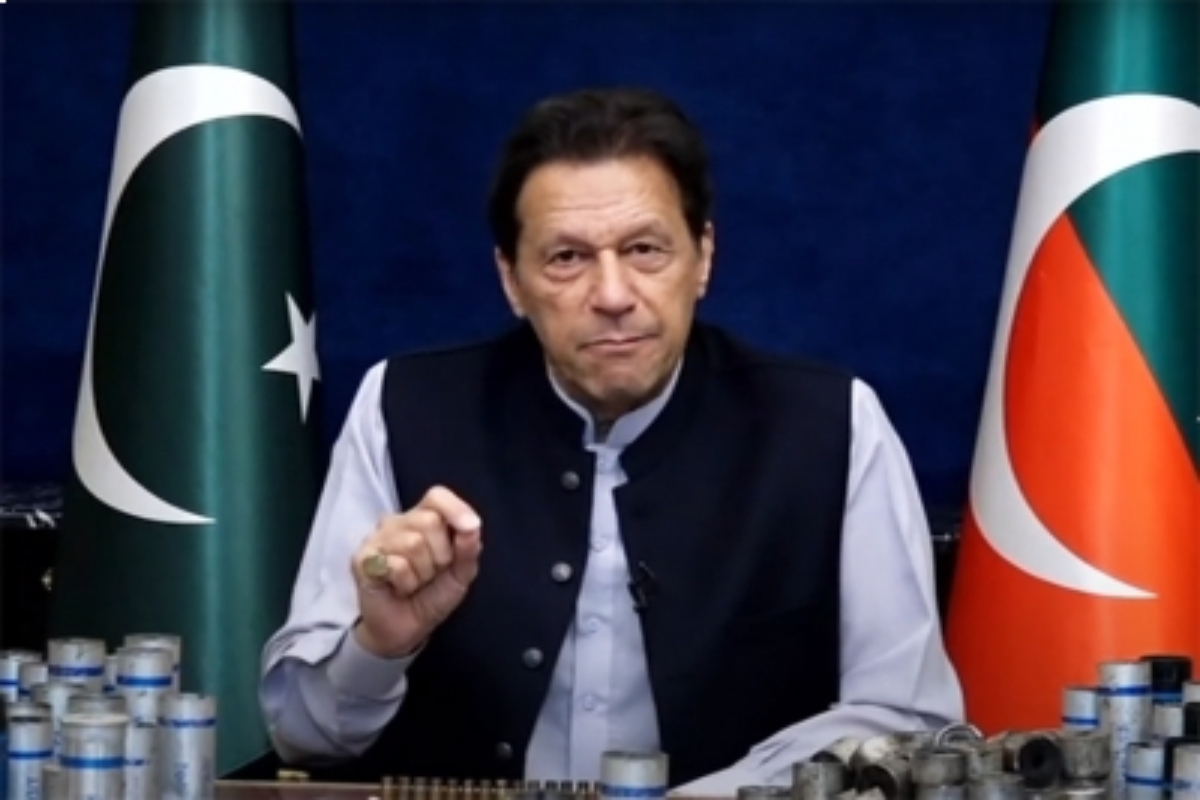Pakistan may fast be approaching a make or break moment, as rival parties enter the final round of negotiations to find a way out of the political crisis the country finds itself in. Talks between the ruling government coalition and the principal opposition party, the Pakistan Tehreek-eInsaaf headed by former Prime Minister Imran Khan, over the question of elections in the country have taken place at the suggestion of the country’s Supreme Court. But after an encouraging start on the weekend, the talks seem to be getting bogged down on a precondition apparently set by Mr. Khan’s party that the National Assembly should be dissolved by 14 May, and that fresh elections should be held in July.
These conditions are unacceptable to the government. Its representatives have warned that the PTI’s intransigence, and its threat to take to the streets, could lead to a situation where elections may be delayed by a year. In the normal course, national elections in the country are due later this year, but the political climate has been fraught after Mr. Khan asked for the dissolution of provincial assemblies in Punjab and Khyber Pakhtunkhwa in a bid to force the government’s hand.
Pakistan’s Supreme Court has ordered that elections to the two provincial assemblies be held later this month, but this seems unlikely in the present circumstances, with the government arguing it does not have the funds to conduct elections and security agencies claiming they are not in a position to assist the process.
Pakistan’s rulers argue that Mr. Khan is attempting to force them at gunpoint to order elections, and a federal minister has gone on record to say, “The first condition of talks is that there are no pre-conditions. Mr. Khan is so desperate that he wants his way or the highway.” But so far, Mr. Khan has been unbending on his principal demand, and told reporters in Islamabad he had instructed his party colleagues not to go ahead with talks if the government insisted on holding elections in September or October.
This political drama is being played out even as Pakistan’s economic woes mount. Last month, the World Bank forecast economic growth to be just 0.4 per cent, down from 6 per cent in 2022, and for inflation to be very high, at 29.2 per cent, this fiscal. A former Finance Minister, economist Sakib Sherani, has said that the country is “closer than ever to becoming a zombie state”, and analysts have warned that wheat shortages may lead to a situation of anarchy.
Thousands flock daily to markets to get their hands on subsidized wheat, but often return emptyhanded. Last month, it was reported that prices had risen by a huge 74 per cent in the past year, taking it out of reach of the poor. With the cost of a cup of tea having doubled in the past year or so to Pakistani Rs 60 this week, and with a gas cylinder now costing Rs 4,500, it is clear that things are getting worse by the day












